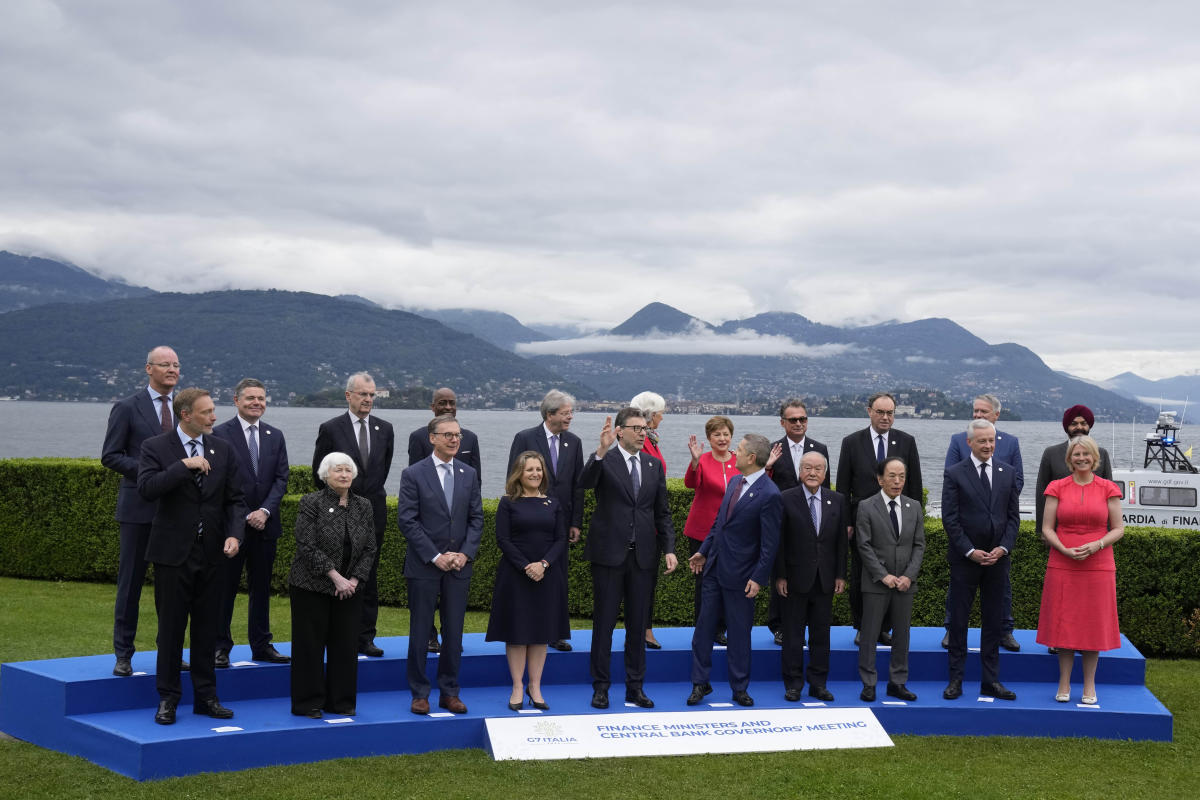The study, titled “Just For Show: Worker representation in Asia’s garment sector and the role of fashion brands and employers” alleged that brands and their suppliers are relying on ineffective representation structures as alternatives to genuine trade union engagement, effectively undermining workers’ rights in South Asia to freedom of association and collective bargaining.
The report argued that this is a form of “union busting” and not only undermines workers’ rights but also represents a missed opportunity for brands to develop meaningful stakeholder engagement and social dialogue with workers.
The research was based on interviews, focus group discussions, and a survey, conducted with trade unions and other labour advocates across South and Southeast Asia including Bangladesh, Cambodia, India, Indonesia, Sri Lanka and Pakistan.
Key findings from the report
International fashion brands, despite their policy commitments to freedom of association and collective bargaining, are reportedly failing to intervene proactively to support workers in their supply chains, with only 9% of respondents trusting them to intervene when management undermines or threatens unions.
-
50% of surveyed workers believe that international brands’ respect for freedom of association is “just for show,” with rare interventions when issues arise.
-
The use of alternative structures by brands and suppliers is depleting trade unions’ capacity to effectively represent workers.
-
Among survey respondents, 82% agreed or strongly agreed with the statement: “Employers prefer to engage and bargain with other bodies, such as yellow unions and worker committees, instead of the independent trade union,”
-
73% said denial of factory access for trade union activities occurred at their factories,
-
64% said independent trade unions are not allowed to recruit during work hours,
-
Despite past successes, such as the establishment of the Bangladesh Accord on Fire and Building Safety and the Pakistan Accord following the 2013 Rana Plaza disaster, union-driven initiatives are being sidelined.
The BHRRC contacted all of the supplier factories and fashion brands named in the report for their comment on the allegations to which they were linked.
Fashion brand, supplier responses to trade union allegations
Of the 28 brands and suppliers contacted, 10 did not respond to the BHRRC. Hung Wah, Meng Da Footwear, JS Leather Collection and Jaw Garment couldn’t be reached for comment by Just Style at the time of going to press.
Children’s Place, Guess, Asos, MAS Holdings, PT Sai Apparel Industries and Mountain Khakis did not respond to Just Style’s request for comment at the time of publishing.
BHRRC has surveyed trade unions in Cambodia, including the Coalition of Cambodian Apparel Workers Democratic Union (C-CAWDAU), which represents around 3% of the workforce at the Meng Da factory, which produces German sportswear company, Adidas’ footwear.
Adidas has asked Meng Da to seek consensus and endorsement from each union for major workplace changes. The sportswear company said it has a social compliance team in Cambodia, and if a registered union perceives the factory is interfering with their trade union activities, they can raise complaints directly with the factory.
US manufacturer and retailer Fanatics, a licensee of global sportswear company Nike said it was “deeply concerned” by the issues reported by the Dabindu Collective Union.
As part of the Nike licensing arrangement, Fanatics also maintains a relationship with a Sri Lankan vendor (MAS Holdings). The US company stated that Nike manages compliance engagement with these facilities and confirmed that its footprint with the referenced facilities in Sri Lanka is “small.”
In response to allegations made by the Dabindu Collective Union in Sri Lanka which reported that MAS used multiple tactics to make clear the development of a workplace trade union was unwelcome, Nike said it expects its supplier MAS Holdings to adhere to its supplier Code of Conduct which includes “recognising and respecting freedom of association and collective bargaining.”
Nike stated that based on conversations with MAS it understands that the supplier supports freedom of association and worker’s organisation, ensuring employee participation in mutual concerns.
“MAS is also committed to supporting the establishment of trade unions as per the legal framework and requirements,” confirmed Nike.
Another brand MAS supplies to is PVH Corp who said it is in contact with the supplier regarding allegations, and if verified, will work with the supplier to remediate any violations in line with their A Shared Commitment and Corporate Responsibility Supply Chain Guidelines.
H&M confirmed that Hing Wah (Cambodia), Dekko Design (Bangladesh) and PT Sai Apparel (Indonesia) are active suppliers to the Swedish retailer.
H&M stated that in 2023, it updated its Labour Rights Survey claiming that more than 205,000 workers completed the worker survey, which was combined with a selection of third-party factory data collected through HIGG FSLM.
As a result, the company said it now has visibility of how effective factory grievance mechanisms are according to the UNGP criteria. “We are now working with our strategic suppliers to create tailored roadmaps designed to strengthen social dialogue and grievance mechanisms in the factories, to improve access to remedy for workers,” H&M explained.
Dekko Design also supplies to the Spanish retail giant, Inditex which in November 2022 received a communication from the Action, Collaboration, Transformation (ACT) Bangladesh Interim Dispute Resolution Mechanism (DRM) on workers’ rights to Freedom of Association due to payment of wages and benefits regarding allegations raised by the Bangladesh Garment and Industrial Workers Federation (BGIWF) against Dekko Designs.
To resolve this Inditex and other ACT Brands conducted meetings with the supplier, leading to a partial resolution for 14 workers in June 2023 and a Memorandum of Understanding (MoU) signed for the remaining five union committee members, including worker reinstatement and compensation payment.
Eastcrown factory workers in Cambodia were dismissed in 2023 for trying to establish a union in the factory and were reinstated and compensated after intervention from the factory’s sole buyer, Puma.
Puma explained how it facilitated mediation meetings between factory management and the union, resulting in the reinstatement of 13 union leaders. All 13 workers received compensation and nine returned to work.
The retailer responded by partnering with Better Factory Cambodia for customised workshops on employer rights, union obligations, and workplace relations.
Garment Labour Union (GLU), a women-led union, initiated their years-long efforts to organise workers at Unit 1 of the SAPL factory in Bangalore (supplying Bestseller, Primark and The Children’s Place).
SAPL denied that there was neither any complaint nor incident of suppressive actions by the supplier on collective bargaining efforts by any trade union much less GLU.
UK-based value fashion retailer Primark said it “immediately” began an investigation when the allegations about SAPL Unit 1 were brought to its attention and the team in India collected feedback from factory management and workers, and senior Ethical Trade team members met with SAPL management to discuss alleged issues.
Bestseller established that Dekko remains its supplier following the resolution of the case, as per the ACT Dispute Resolution Mechanism and to the mutual agreement of all parties in December 2023.
German clothing label Tchibo reported that it was “thouroughly involved” during the solution of the case and “immediately” engaged with Dekko Design to address the issues and to encourage the factory to have a social dialogue with BGIWF to resolve the violations.
Moving ahaead Tchibo will continue to closely monitor the situation at the factory to ensure that workers’ rights are respected and upheld.
The factory in J.Crew Group’s facility in Chiefway Katunayake, Indonesia, was accused of violating workers’ rights to paid overtime and leave.
Chiefway Katunayake (Pvt) Ltd, a garment manufacurer based in Sri Lanka strongly denined “such baseless allegations” of “two hours taken off their pay slips”, from the Free Trade Zone and General Service Employee branch union, as factory management had no knowledge of this and there were no reports of physical assault made by the union.
J. Crew added: “We will encourage factory management to work with the FTZ branch union and the employee council to better manage these types of issues, and we will continue to monitor the factory to ensure they are upholding the right to legal wages as well as freedom of association and collective bargaining.”
Another manufacturing company based in Sri Lanka, Brandix Apparel Limited clarified that the compnay has not expressed a preference for workplace committees over trade unions, and Employee Councils are currently active at all facilities.
Brandix said its facilities have over 70% female representation, collaborate with IFC for trade union engagement, and undergo regular audits to ensure compliance with Freedom of Association, ensuring a diverse workforce.
American Eagle Outfitters (AEO) told BHRRC that it would investigate the allegations made “if deemed appropriate” but as per its Supplier Code of Conduct, workers have the right to join or not join any organisation of their choice and to bargain collectively and must not be discriminated against based on their affiliations. They also have the right of freedom of association.
In response to allegations of threats, silencing worker voices and grievance issues raised by Unions in Karnataka, India, between October 2023 and May 2024, apparel manufaturer Shahi Exports PVT said it keeps the well-being and rights of workers at the “centre of our business.”
The company explained how it has a strict zero-tolerance policies on any form of harassment, multiple channels of communication open to workers and does not have or maintain any data about Unions and affiliations to uphold the spirit of the worker’s voices.
Natalie Swan, Labour Rights Programme Manager at BHRRC, emphasised the crucial role of trade unions in protecting and empowering workers, especially as the garment sector faces multiple crises including the COVID-19 pandemic, climate change, and global conflicts.
Swan stated, “The most effective way to protect and empower workers is still achieved through democratic trade unions and collective bargaining, especially where union leaders represent the diversity of the workforce.”
“Report slams worker representation by major fashion firms as ‘just for show’” was originally created and published by Just Style, a GlobalData owned brand.
The information on this site has been included in good faith for general informational purposes only. It is not intended to amount to advice on which you should rely, and we give no representation, warranty or guarantee, whether express or implied as to its accuracy or completeness. You must obtain professional or specialist advice before taking, or refraining from, any action on the basis of the content on our site.
Signup bonus from




